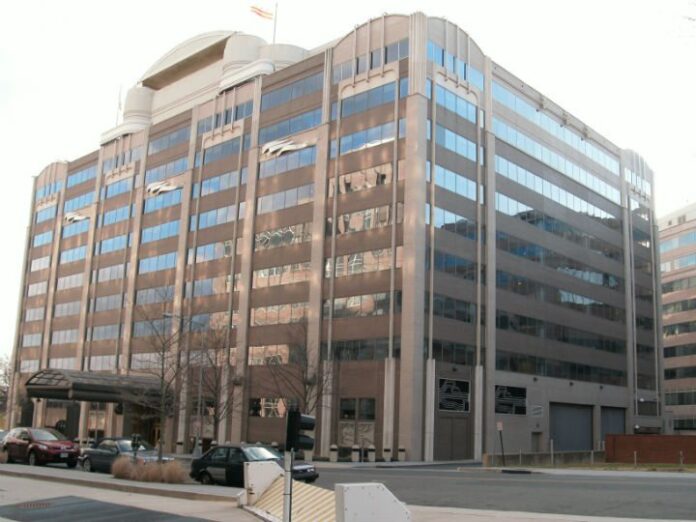Story updated to clarify definition of payments
FCC tags Blue Jay Wireless with $2M in settlement fees tied to improper billing under Lifeline Tribal lands initiative in Hawaii
The Federal Communications Commission said it reached a $2 million settlement with Texas-based operator Blue Jay Wireless connected with the improper enrollment of Hawaiian customers for enhanced Tribal support reimbursements from the government agency’s Lifeline program.
The FCC said the agreement followed an investigation by its Enforcement Bureau into allegations Blue Jay enrolled “several thousand” Hawaiian customers into the Lifeline program under the Tribal lands initiative, which provides for higher support of up to an additional $25 per customers per month. Hawaiian Home Lands and the State of Hawaii fall under the Tribal lands initiative, though the FCC investigation found Blue Jay had enrolled customers who did not reside on Hawaiian Home Lands.
Blue Jay, which is eligible to participate in the Lifeline program in 17 states and Puerto Rico, is said to have continued claiming enhanced Tribal support even after it was notified by the Hawaii Public Utilities Commission its requests appeared to exceed the number of households on Hawaiian Home Lands.
“The Lifeline program is vital to millions of consumers in cities, rural areas, and tribal lands who rely upon it every day to connect with loved ones, interview for jobs and contact emergency services,” said FCC Enforcement Bureau Chief Travis LeBlanc, in a statement. “This settlement makes clear that no Lifeline provider should turn a blind eye to potential fraud on the program.”
The $2 million settlement includes a forfeiture of $918,010 in already frozen Lifeline disbursements, and Blue Jay agreeing to develop and implement a compliance plan designed to ensure “procedures are incorporated into its business practices to prevent the enrollment of ineligible Tribal consumers, including the use of an approved software tool to identify and verify the accuracy of consumers’ self-certification of their residency on Tribal Lands.”
FCC Commissioner Ajit Pai took the Blue Jay Wireless case to note continued abuse of the Lifeline program, specifically citing his own suspicions of the telecom operator.
“Today’s consent decree with Blue Jay Wireless for improperly receiving Lifeline subsidies confirms that the FCC’s Lifeline program still contains waste, fraud and abuse,” Pai wrote on the decision. “I can confirm that Blue Jay Wireless is one target of my ongoing investigation and that I flagged further suspicious conduct for the Enforcement Bureau’s investigation earlier this year. I will continue to work with my colleagues, the Enforcement Bureau, the Inspector General and the Universal Service Administrative Company to end the abuse of taxpayer money by unscrupulous wireless resellers.”
The FCC in April announced a record $51 million fine against Total Call related to the Lifeline program. Total Call was accused of enrolling tens of thousands of “duplicate and ineligible consumers into the Lifeline program” since 2014, receiving approximately $9.7 million in fraudulent payments from the Universal Service Fund despite “repeated and explicit warnings from its own employees, in some cases compliance specialists, that company sales agents were engaged in widespread enrollment fraud.”
The FCC in April also adopted Lifeline program reforms, including the establishment of an independent National Eligibility Verifier to determine the eligibility of consumers enrolling in Lifeline in order to prevent abuses. The proposal also included plans to add broadband connectivity to the program that would make available $9.25 per month to support stand-alone broadband services and bundled voice and data service packages to low-income consumers.
Bored? Why not follow me on Twitter

